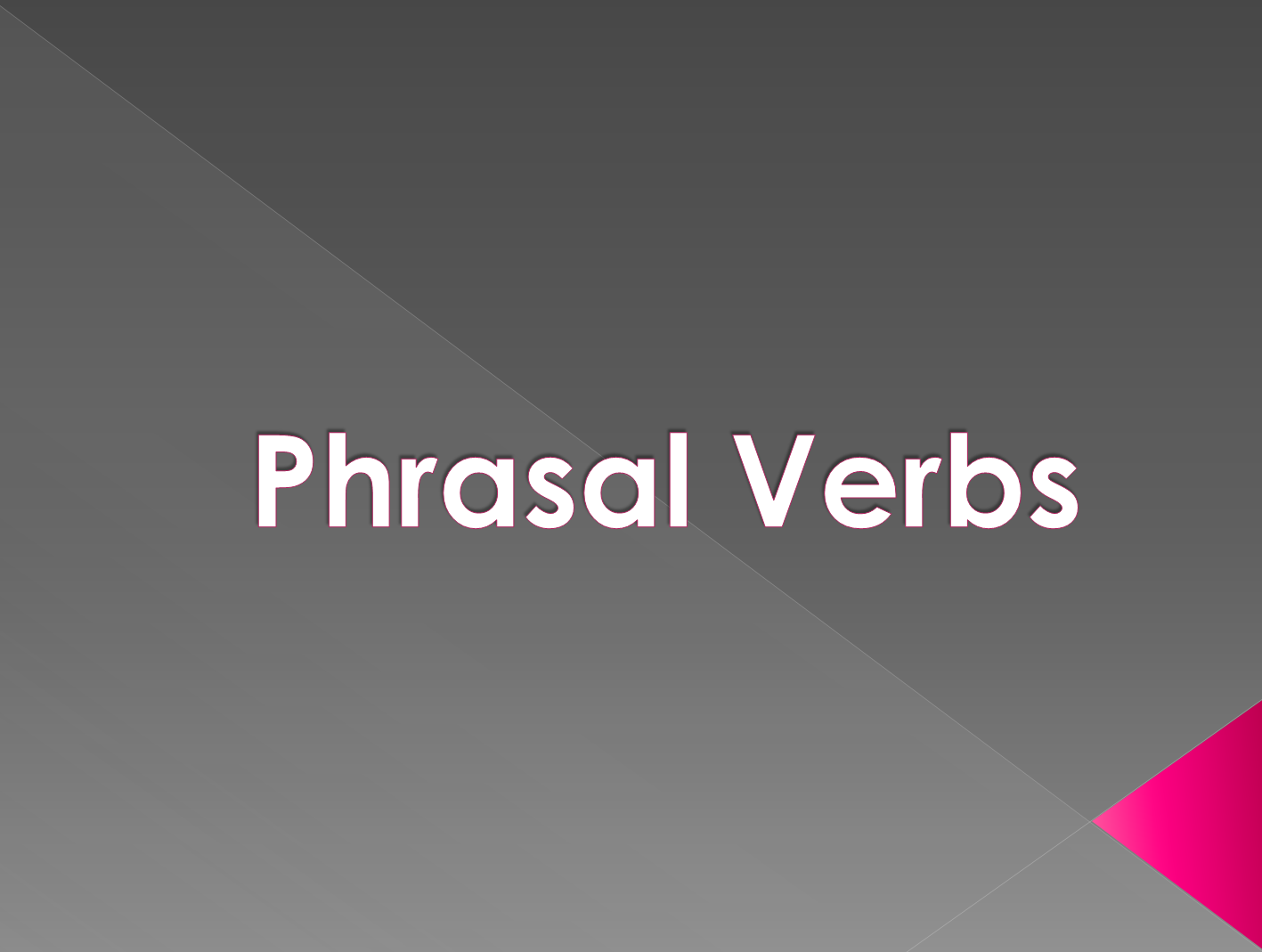
A strong vocabulary is a key component of success in the IELTS exam. A rich lexicon not only helps you understand and respond to the various question types but also allows you to express your thoughts more effectively in both written and spoken English.
In this article, we’ll explore some effective strategies to help you develop and expand your IELTS vocabulary.
1. Read, Read, Read!
Reading is one of the most effective ways to expand your vocabulary. Make it a habit to read a variety of materials such as books, newspapers, magazines, and online articles. Exposure to diverse vocabulary in context will help you understand how words are used and their meanings.
2. Use an English-to-English Dictionary and Thesaurus
Instead of relying solely on translation, use an English-to-English dictionary and thesaurus. This approach provides you with more comprehensive information about word meanings, synonyms, antonyms, and example sentences, enhancing your understanding of word usage.
3. Use a Vocabulary Journal
Keep a vocabulary journal to jot down new words you come across during your reading or listening activities. Writing down words and their meanings reinforces your memory and makes it easier to review them later.
4. Organize Your Journal Thematically
Organize your vocabulary journal thematically to make it easier to find and review words related to specific topics or contexts. This organization can help you group words with similar meanings or uses.
5. List the Different Forms of the Word
When adding a word to your vocabulary journal, include its different forms, such as nouns, verbs, adjectives, and adverbs. Understanding how a word can be adapted to various parts of speech is crucial for effective communication.
6. Collocate!
Pay attention to word collocations – words that often appear together. Learning which words naturally go together will improve your ability to use words in context. For example, “strong coffee,” “heavy rain,” or “fast food.”
7. Learn a Word a Day
Set a daily goal to learn a new word. This manageable approach helps you steadily build your vocabulary over time. Consider subscribing to word-of-the-day services or using vocabulary apps to discover new words regularly.
8. Write, Write, Write!
Practice using newly acquired vocabulary by writing essays, articles, or journal entries. The act of using words in your own sentences reinforces your understanding and retention of them.
9. Listen! Listen! Listen!
Listening to podcasts, audiobooks, and English-speaking news broadcasts exposes you to authentic spoken language. This helps you understand pronunciation, intonation, and context in which words are used.
10. Speak! Speak! Speak!
Engage in conversations with native speakers or fellow English learners. Using your vocabulary in spoken communication helps you gain confidence and ensures that you can effectively use the words you’ve learned.
Developing your IELTS vocabulary is a gradual process that requires consistent effort and practice. By implementing these strategies into your daily routine, you’ll not only be better prepared for the IELTS exam but also improve your overall English language skills. Remember that vocabulary development is an ongoing journey, and the more you immerse yourself in the language, the more proficient you will become. Happy learning!
You may also like:- Idioms and Other Expressions Used For Talking About ‘Work’
- What Are Weasel Words?
- Money and Finance – Test Your Knowledge
- Phrasal Verbs, Idioms and Other Expressions Using ‘CUT’
- How to Say Time in English
- Idioms and Other Expressions Used For Talking About Money
- Shopping and Consumerism – Match the Correct Name
- Phrasal Verbs – Choose the Correct Verb
- Currency Markets – Choose The Best Words
- Personal Qualities – Use the Best Nouns and Adjectives








